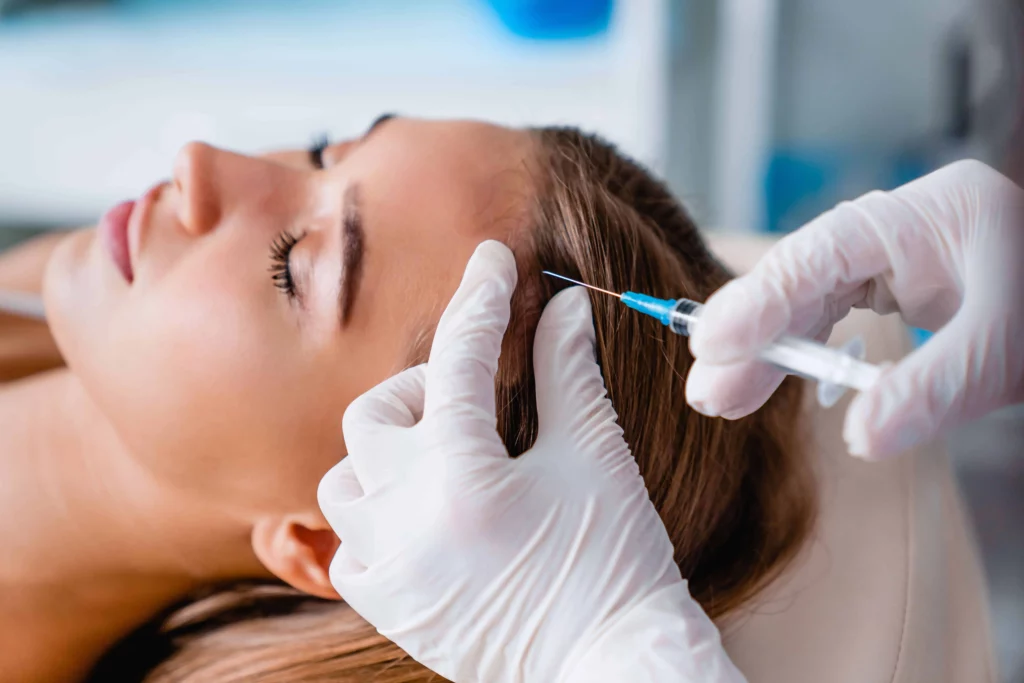 Tiered Link Strategy – Multiply Your SEO Impact Today!
Tiered Link Strategy – Multiply Your SEO Impact Today!
Navigating Consent: The Complexities of Genital Cosmetic Surgery in Teens
Written by Hash Invasive » Updated on: June 12th, 2025

In recent years, the conversation around body image, autonomy, and surgical enhancement has become increasingly complex—especially when it comes to teenagers. Among the most debated procedures in this space is labiaplasty, a form of genital cosmetic surgery that modifies the labia minora or labia majora. Though relatively rare, its rising popularity among teens has raised pressing ethical, psychological, and medical concerns. Understanding the nuance of consent, motivation, and long-term consequences is essential when discussing this sensitive and deeply personal choice.
The Influence of Media and Cultural Pressures
Modern media—ranging from filtered Instagram images to pornography—plays a significant role in shaping young people's perceptions of “normal” bodies. Teens, often still forming their identities and struggling with self-esteem, are particularly vulnerable to these idealized and unrealistic representations. Genital appearance, a once-private subject, is now brought into public discourse through online discussions, influencers, and even wellness industry marketing.
These external pressures can fuel insecurities about body image, sometimes leading young individuals to consider surgery not out of medical necessity but from a desire to conform to aesthetic standards. When a teen feels that their body doesn't align with what they believe is “normal” or “attractive,” it can create deep psychological strain—one that they may attempt to resolve through irreversible procedures.
Consent and Maturity: Where Do We Draw the Line?
Perhaps the most difficult aspect of genital cosmetic surgery in teens is the question of informed consent. Legally, minors often require parental permission to undergo elective surgeries. But what does it mean for a teen to give true, informed consent about an irreversible alteration to their body, particularly in a part of their anatomy they may not yet fully understand?
Adolescents are still in a stage of cognitive and emotional development. Their ability to weigh long-term consequences against short-term desires is not yet mature. What seems urgent and necessary at 16 may be viewed very differently at 26. Furthermore, because teen bodies are still developing, especially through puberty, surgery can result in unforeseen changes or complications as the anatomy continues to evolve. For these reasons, many medical professionals urge a conservative approach, recommending postponement of elective genital surgeries until full physical and psychological maturity is achieved.
Psychological Dimensions and Mental Health
One of the least discussed, yet most crucial, aspects of this issue is the mental health context in which these decisions are made. Teens seeking genital cosmetic surgery are sometimes dealing with body dysmorphic disorder (BDD), anxiety, or depression. Rather than being a solution, surgery in these cases can exacerbate the underlying mental health conditions if the root causes are not addressed.
Counseling and psychological evaluation should be standard steps before considering surgery. Mental health professionals can help determine whether the desire for surgery stems from a genuine medical or functional concern, or whether it is driven by external pressures and internal insecurities. In some cases, therapy can help teens reach a place of acceptance and confidence without the need for surgical intervention. Ensuring psychological readiness isn't just best practice—it's ethical responsibility.
Role of Parents and Guardians
Parents play a pivotal role in medical decisions for minors, and when it comes to genital cosmetic surgery, their involvement becomes even more complicated. Supportive parents may wish to honor their child’s autonomy, while others may pressure teens into surgery for reasons of their own—whether cultural, aesthetic, or social.
Open, honest communication between parents and teens is critical. Guardians must act in the best interests of their child, not based on fear, societal pressure, or their own beliefs about what is “normal.” This means ensuring their child fully understands the nature of the surgery, its risks, and its long-term consequences. Informed and compassionate guidance, rather than judgment or coercion, is essential in helping teens navigate such life-altering choices.
Medical Ethics and Surgeon Responsibility
For medical professionals, offering genital cosmetic surgery to minors presents a moral and ethical dilemma. Surgeons must balance the autonomy of the patient with their obligation to “do no harm.” While respecting a young person’s desire to alter their body, doctors must ensure that the decision is medically sound, ethically defensible, and aligned with long-term wellbeing.
A growing number of professional medical organizations, including pediatric and gynecological bodies, advocate for caution. They often recommend strict protocols for adolescent patients, such as mandatory counseling, evaluation by multiple professionals, and a waiting period. These safeguards aim to prevent regret and ensure the decision is thoughtful, mature, and rooted in personal, not societal, needs.
Conclusion: Toward a More Thoughtful Conversation
Genital cosmetic surgery in teens is not a matter that can be resolved with simple answers or broad regulations. It exists at the intersection of personal autonomy, cultural influence, medical ethics, and adolescent psychology. While some teens may ultimately benefit from such procedures—particularly in cases of physical discomfort or congenital abnormalities—many others may be reacting to temporary pressures and unrealistic ideals.
Navigating consent in this space requires a multifaceted approach: informed guidance from parents, careful ethical deliberation from medical professionals, and support from mental health practitioners. Most importantly, it requires creating a culture that teaches young people to embrace body diversity, prioritize mental wellbeing, and make empowered, informed decisions when the time is truly right.
Note: IndiBlogHub features both user-submitted and editorial content. We do not verify third-party contributions. Read our Disclaimer and Privacy Policyfor details.
Copyright © 2019-2025 IndiBlogHub.com. All rights reserved. Hosted on DigitalOcean for fast, reliable performance.












